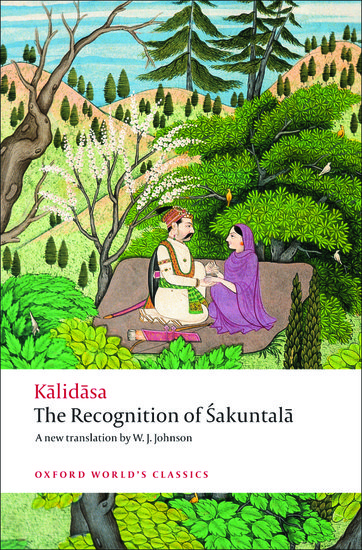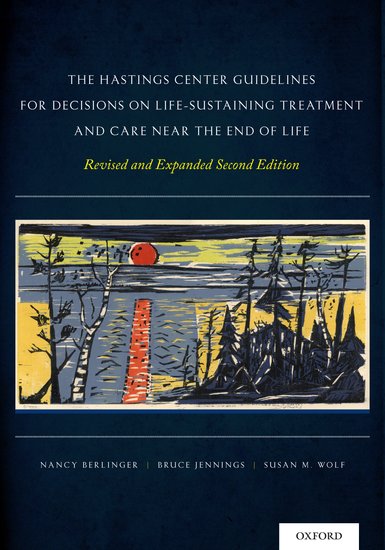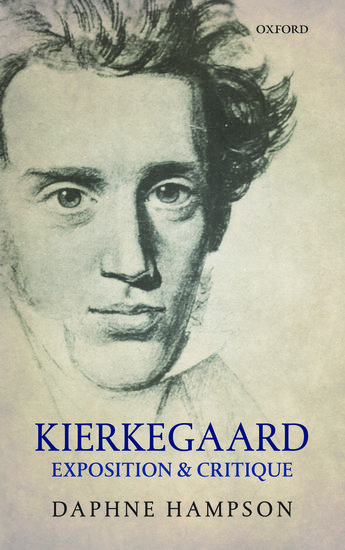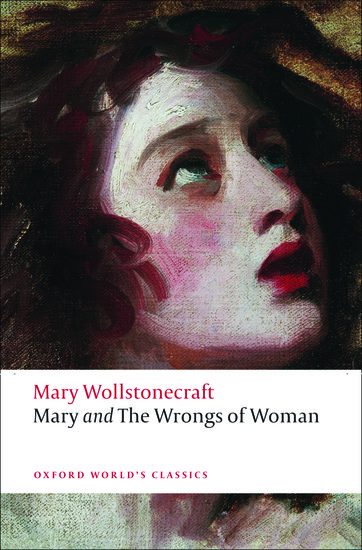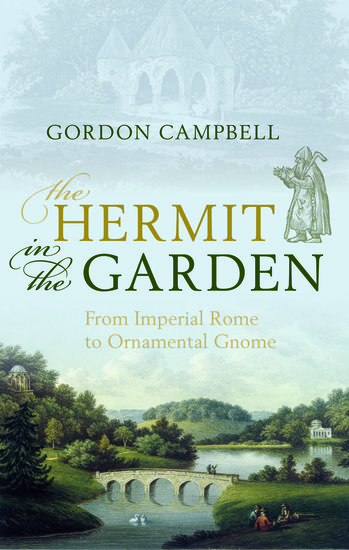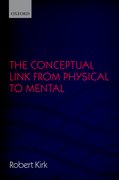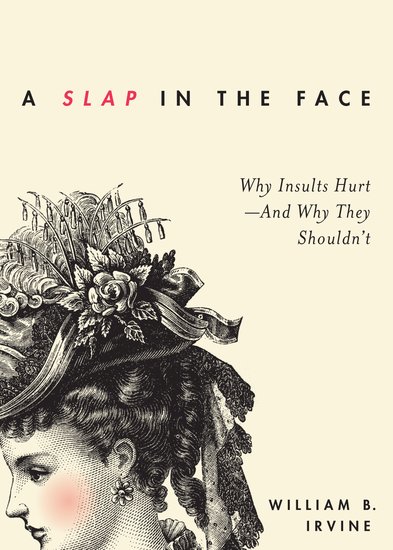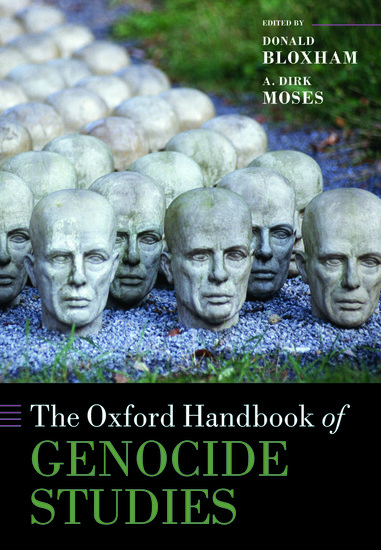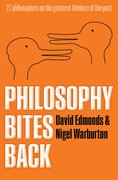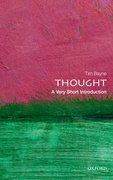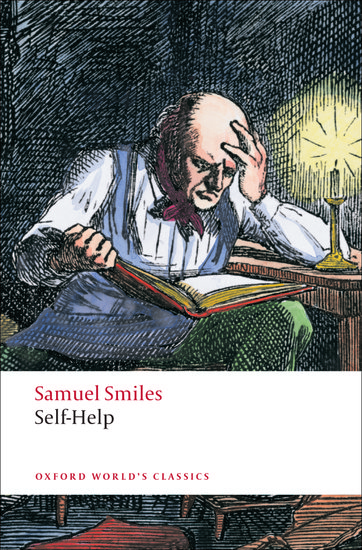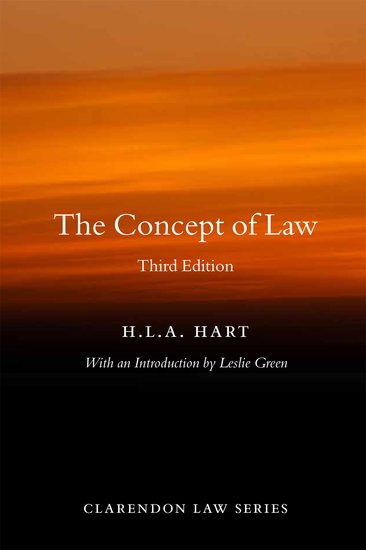Quantum parallelism and scientific realism
By Paul Cockshott
The philosopher Althusser said that philosophy represents ideology, in particular religious ideology to science, and science to ideology. As science extended its field of explanation, a series of ‘reprise’ operations were carried out by philosophers to either make the findings of science acceptable to religion or to cast doubt on the relative trustworthiness of science compared to the teachings of the church.

